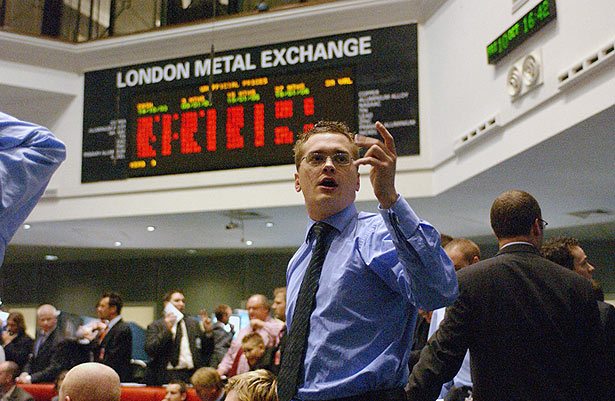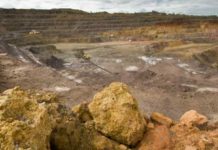
LONDON copper prices have surged to near yearly highs as the metal enters backwardation, creating unprecedented market volatility driven by a scramble for dwindling supplies ahead of potential US tariffs, said the Financial Times.
The benchmark London Metal Exchange price reached almost $10,000 per ton on Wednesday, its highest level in over three months, whilst warehouse stocks plummeted to their lowest since 2023, the newspaper said. This dramatic shift has upended normal market dynamics, with spot prices commanding a premium of nearly $400 per ton over three-month forwards – the widest gap since 2021.
The unusual conditions stem from massive copper flows from Europe and Asia into America before possible Trump administration import duties. This exodus has created severe supply constraints elsewhere, forcing the LME to intervene with new trading rules targeting large position holders.
“It’s too dramatic to say the copper market is in crisis but the market is at a very interesting point,” Marex base metals strategist Alastair Munro told the Financial Times.
The backwardation poses significant risks for sellers, who must either deliver physical metal from scarce non-US stocks or roll positions forward at substantial losses. This threatens a “short squeeze” scenario where firms rush to cover obligations, potentially driving prices even higher, the newspaper said.
Trading houses including Mercuria and Vitol are intensifying competition as they expand base metals operations. One unnamed buyer controlled rights to between 50-80% of available LME warehoused copper on Wednesday, amplifying supply concerns.
The “tom-next” spread – comparing tomorrow’s price with the following day – hit nearly $100 per ton last week, becoming what Munro described as a “real stress indicator” with some sellers now “getting hurt”.
Panmure Liberum analyst Tom Price described the situation as a “frenzied transfer of metal” making copper “the most emotional metal market going right now”.
Production disruptions, including flooding at Ivanhoe Mines’ Kakula facility in Congo, have compounded supply pressures. The extraordinary conditions highlight copper’s critical role across energy, technology and transport sectors amid global economic uncertainty, said the Financial Times.











